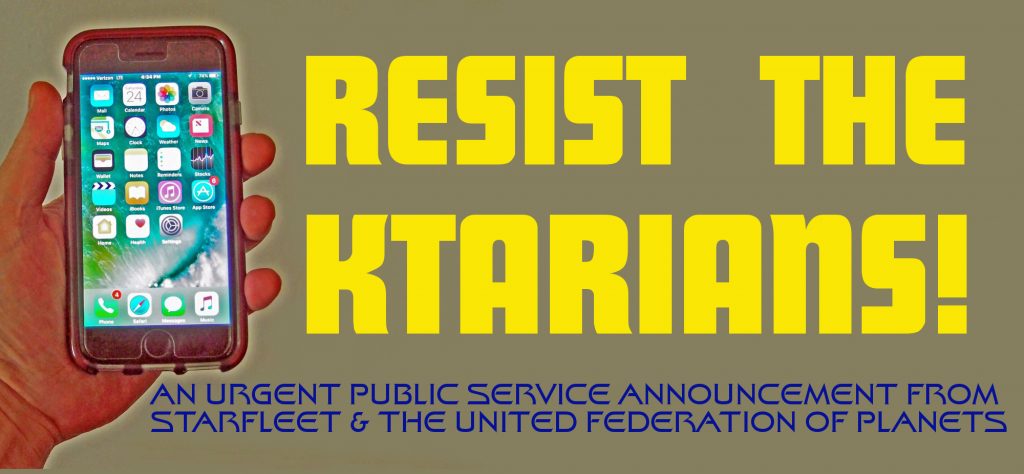
A while back, I ran across several videos and articles by a “technology design ethicist” named Tristian Harris–who also appeared on 60 Minutes–about how technology is manipulating us into spending more time online and the consequences thereof. He says, “I call it the race to the bottom of the brain stem.”
From a November 2016 article in The Atlantic:
I can’t find one good single video to cover all the things he gets into overall, though SOME of it overlaps aspects of what I’ve been arguing for years that have to do with what is evidently called the “Attention Economy” and how it encourages short attention spans, desires for instant gratification, black and white thinking, and isolates us into our own content bubbles of conformation biases (which drives us further apart).
But most of what you’ll find in these videos and articles has to do with some examples of what is evidently called “Persuasive Technology” designed to continually capture our attention until it becomes like a drug.
A few other interesting phrases I ran across diving into this were: “Choice Architectures,” “Design Ethics,” and “Continuous Partial Attention.”
In his appearance on 60 Minutes, professor of psychology at California State University Larry Rosen–a researcher of the psychology of tech–said typically, people check their phones every 15 minutes or less. They’re not just craving dopamine; he said they’re seeking relief from the stress hormone cortisol.
In an article by professor of psychology at San Diego State University Jean M. Twenge titled: “Have Smartphones Destroyed a Generation?” she worries post-Millennials are “on the brink of a mental-health crisis.”
Some aspects of this remind me of the Star Trek Next Generation episode “The Game.”
The plot of the episode from Wikipedia:
All this resulted in me creating the image meme at the top of this post.
This is one decent short introductory video about it….
https://www.youtube.com/watch?v=MacJ4p0vITM
Here are a couple others that are a bit longer….
https://www.youtube.com/watch?v=zE2rTXySkbQ
https://www.youtube.com/watch?v=jT5rRh9AZf4
Here’s a link to Tristian Harris’ site: